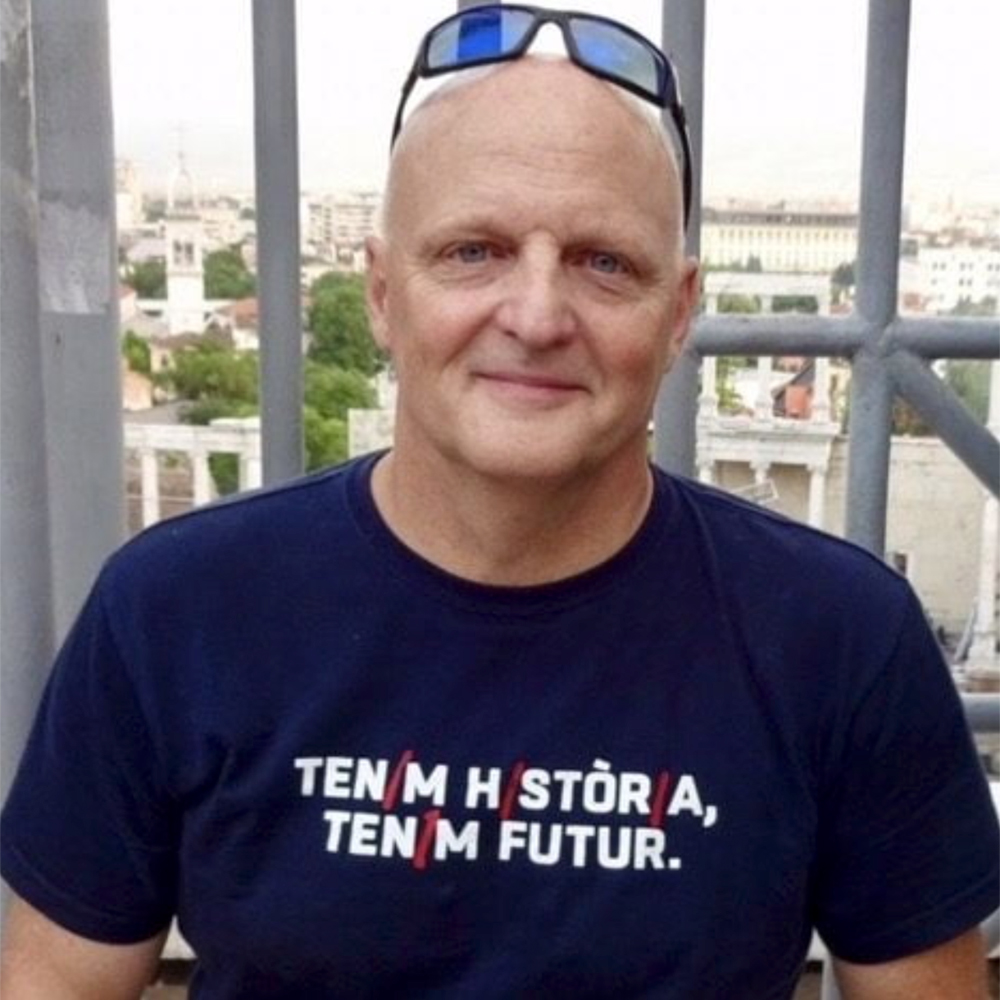There are some incongruous truths that I sometimes spring on interlocutors from time to time to test their mental agility. For example, the fact that from the point of view of actual policies proposed and enacted Richard Nixon was easily the most liberal US president of the last half-century, a veritable champion of the people compared to most of his Democratic successors, and especially that well-known servant of Wall Street and the Military Industrial Complex named Barack Obama.
It is always interesting to see the distress on the faces of my friends and acquaintances—usually straight-ticket Democrat voters or self-proclaimed Leftists—when faced with this largely irrefutable fact for the first time.
What they are dealing with in this moment is the problem of what linguists call the slipperiness and transtemporal fluidity of the relationship between the sign, “Liberal” (in the American sense), and the signified, the canon of ideas and values that that sign is generally presumed to represent.
Or to put it more prosaically, they are watching their own inherent desire for mental stability clash with the inherent motility of the semiotic sea in which they swim.
And when confronted with the choice of trying to keep up with the ever-evolving permutations of the signified, and adjusting their beliefs and actions accordingly, or pledging fealty to the sign’s relationship to the signified as they initially encountered it, they will, more often than not, do the latter.
Ergo, Nixon was a Republican and thus a Conservative; that is, someone who was far to the right of Democratic liberals in his time. Therefore it is nonsensical to ever posit that his policies were more liberal than those of any Democrat.
Looking at the same issue in a more historical light, we might say that the ideological postures that public figures adopt, which we and they like to think of as being a product of highly personal observations and reflections, are probably more inflected by vital circumstances than most of us are prepared to admit.
Richard Nixon performed mostly as an old school liberal because he came to the presidency in a liberal age where, for all the internal disquiet it might have caused him, the policy tools at his disposal as president were essentially old-style liberal ones, forged during the 35-year liberal consensus (in this sense, Eisenhower also performed mostly as a liberal) that preceded his ascent to the presidency.
In the same way, Obama, like Clinton before him, performed mostly as a conservative, or perhaps more accurately, a neo-liberal, largely because the repertoire of policy tools at his disposal in the wake of the Reagan and Bush Sr. revolutions in domestic and foreign policy was essentially neo-liberal in nature.
It is often said today that we are living in the Age of Woke. And I believe that is generally true.
But what does it mean to be Woke?
For me the most salient trait of wokeness is its deep belief—rooted in the so-called linguistic turn that occurred within university humanities departments starting in the 1970s—in the determinative (as opposed to inflective) power of language.
It has long been known and acknowledged that language plays an enormously important, if not flat-out pre-eminent, role in motivating and shaping human affairs.
To admit this, however, is not the same as proposing or believing that the words uttered or written by one person have the ability, in and of themselves, to strip another receiving them of their own volitional force and independently generated patterns of cognition, or that words delivered in a hostile or critical tone have the ability to essentially annihilate the personhood of those toward whom they are directed.
This is madness.
But boiled down to its core, this is exactly what wokeness has come to mean in practice.
And it is precisely this woke “logic,” such as it is, that has served as the linchpin of the efforts of governments all around the world to erect massive and intricately-tuned regimes of censorship in the name of preventing so-called mis-and dis- information.
You see, as wokesters and their myriad allies in government now see it, words are so forceful and determinative of our actions, and we so fundamentally ill-equipped to parse them and retain our own critical faculties in the face of their overwhelming power, that we need a benevolent group of government officials—obviously bereft of any spurious interests of their own—to sort it all out for us.
And sadly many people, especially young ones, seem to be embracing the premise—which is of course is completely incompatible with any basic notion of participatory democracy as we know it—that, if left to their own devices, they are largely incapable of separating the wheat from the chaff in their information environment.
Call it the self-immolation of the citizenry.
The good news is that a fairly large number of us in the health freedom movement and elsewhere have caught on to the game and are pushing back.
If we are to take things to the next level it is imperative—and here I take my lead from the great leaders of insurgencies of the last century like Gandhi and especially Mandela—that we be especially rigorous in applying the principles we claim to uphold to our movement, even when it might be emotionally difficult to do so.
For as much as we intellectually oppose the absurdities of wokeness we nonetheless swim in its cultural waters on a day-to-day basis. It forms part of our vital circumstance and thus, whether we like it or not, it probably exercises a conditioning role on our own thought processes in the way New Deal and Great Society ideas conditioned the thinking of the “right-wing” Nixon, and Neo-liberal and Neo-Con ideas conditioned the thinking of the “liberal” Obama.
We must thus be constantly vigilant against the effects of this ambiently-induced creep in our own comportments.
Put another way, if we are going to decry the tendency in our woke opponents to take our words of legitimate disagreement and apply rigid monosemic definitions to self-evidently polysemic words and phrases, and then imbue those phrases with a determinative power and a life-destroying capability they clearly do not have, then we should not encourage or tolerate it in our own ranks as it will only sow doubts about our sincerity in those we hope to win over to our cause.
Back in the Massachusetts of the 1980s, there were, thanks to the collapse of the Irish job market, a large number of young immigrants from that country in and around the city of Boston. And it was thus not uncommon to see the equation 26+6=1, in green and orange lettering on bumper stickers.
In those times, the violence and tragedy of “The Troubles” were very real facts of life in Northern Ireland. But no one that I know of, not even the UK consul in the city, ever came close to suggesting that those posting this message in favor of the unification of Ireland under Republican control were effectively calling for the physical destruction of all the Unionists in Ulster.
In those pre-woke times before words issued at political rallies had gained their magical, Dean-of-Students-promoted-and-approved ability to induce instant nervous breakdowns, doing so would have quickly been seen for the absurdity that it is.
And, of course, it’s just as absurd today to assign similar life-quenching powers to statements made or shouted by those supporting the Palestinian side in on-campus and off-campus political rallies centering on the current conflict in Gaza.
And it’s doubly so when these overheated accusations issued forth from the mouths and pens of those who otherwise claim to staunchly oppose the corrosive effects of Woke cult of verbal determinism on the quality of our civic life.
“How to struggle for justice without becoming what we claim to despise in our opponents?” That is the question.
How well or poorly we as activists and idea-makers respond to this challenge in the short term will, I believe, go a long way toward predicting our long-term chances of building the more cohesive and human-centered culture we all desire for ourselves and our children.
Join the conversation:


Published under a Creative Commons Attribution 4.0 International License
For reprints, please set the canonical link back to the original Brownstone Institute Article and Author.









